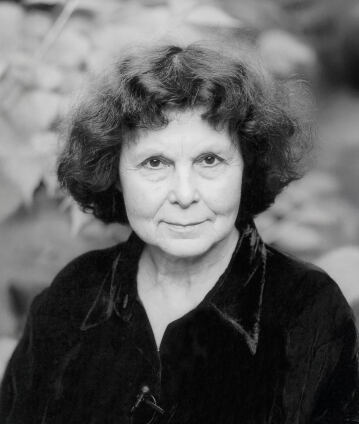Sofia Gubaidulina
composer
Sofia Gubaidulina’s works contain almost every stylistic device available from the 20th and 21st centuries: shimmering cascades of sound, moving surfaces, playful interweaving of notes, but also simple scales and musical quotations. According to the composer, “I consider such a relationship to tradition and to new compositional means to be ideal, in which the artist has a command of all means – both new and traditional – but as if they paid no attention to one or the other”.
Sofia Gubaidulina was a grande dame of contemporary music who has been honoured with numerous international awards – including the Russian State Prize and the Japanese Praemium Imperiale, the world’s most highly endowed art prize. Born in Chistopol in the former Soviet Union in 1931, she studied piano and composition at the conservatory in the Tatar capital of Kazan. She then transferred to the composition class at the Moscow Conservatory of Nikolai Pejko, a former pupil of Nikolai Miaskovsky and assistant to Dmitri Shostakovich. Pejko advised the composer, who had been working freelance since 1963, to continue on her “own wrong path”, which meant nothing other than deviating from the official doctrine of Socialist Realism – which had consequences: in 1979, after the 6th All-Union Congress, the composer was placed on the blacklist of disagreeable persons, and the performance of her works was banned. She lived in Moscow under extremely difficult conditions for many years, scraping a living with music for feature and animated films. In 1986 she was given permission to travel abroad, where her music – thanks in particular to the energetic efforts of Gidon Kremer – caused a sensation: in quick succession, she created numerous commissioned works for world-famous soloists, leading international orchestras and major institutions. Sofia Gubaidulina’s music is characterised by an intensive exploration of mystical ideas and Christian symbolism. The composer died on 13 March 2025 in Appen near Hamburg, where she had lived since 1992.